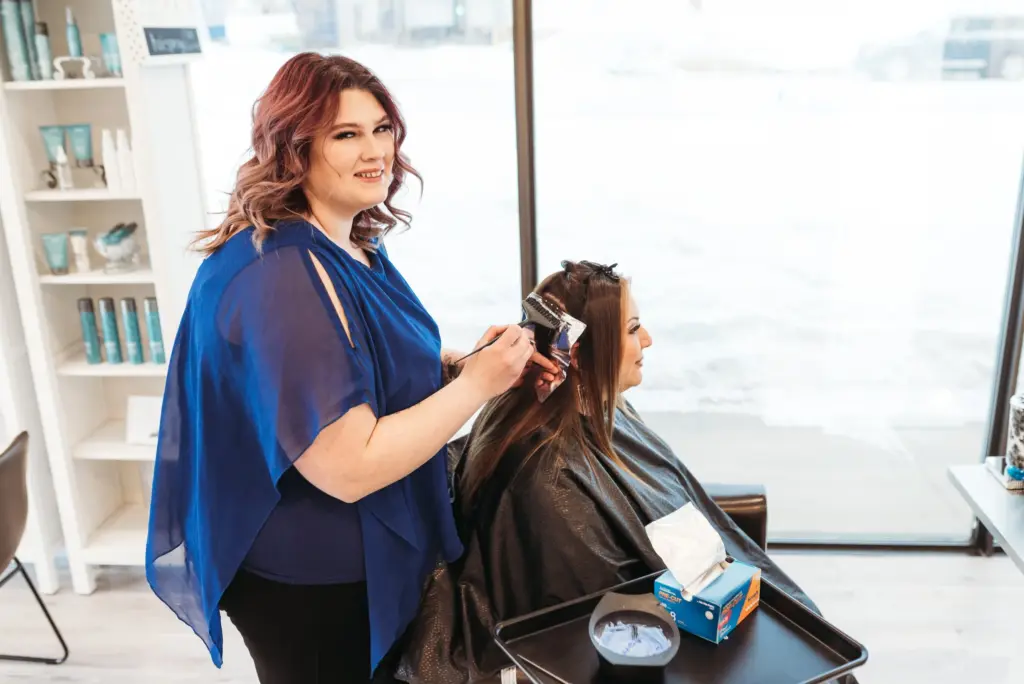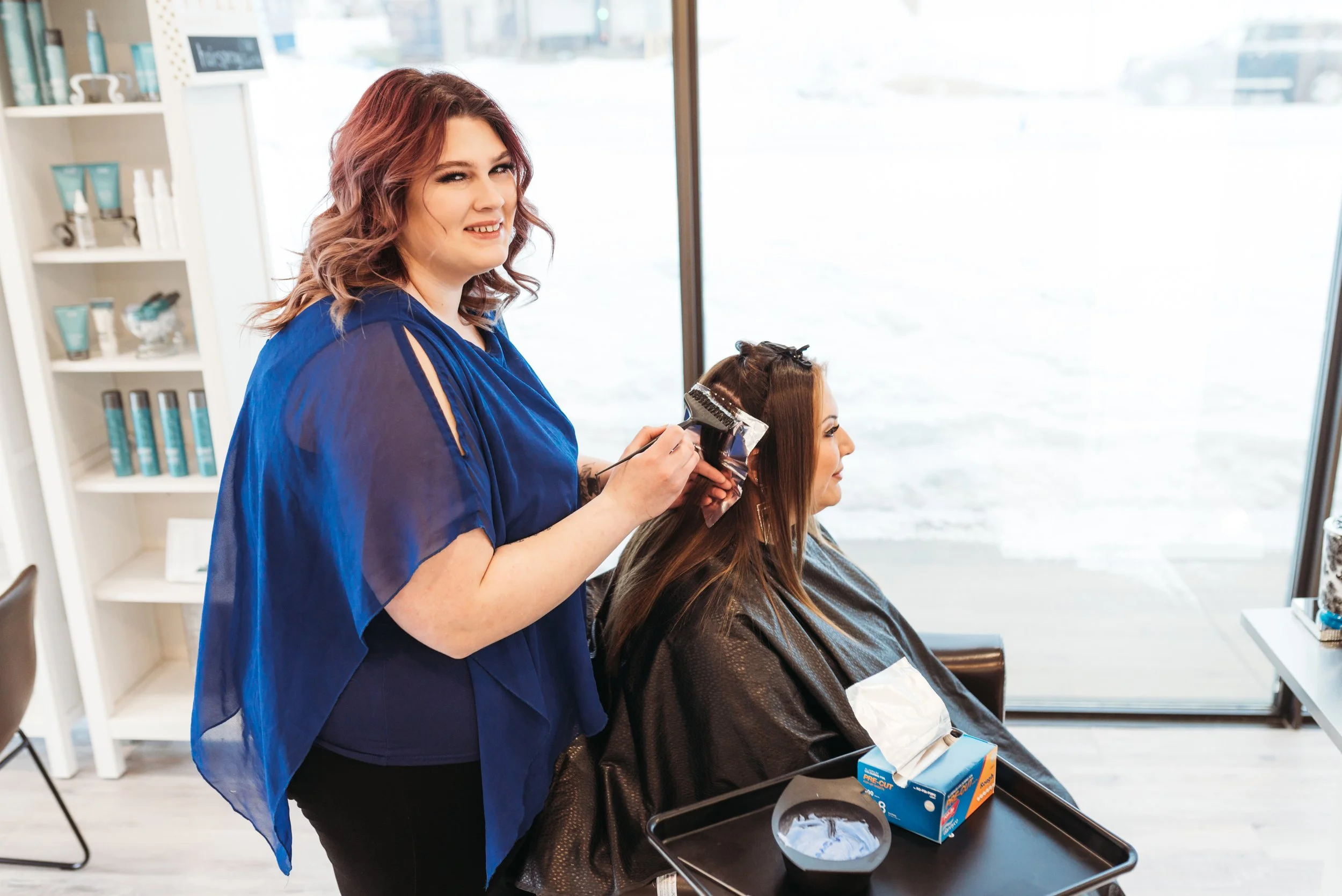
Navigating Objectification: A Critical Look at the Portrayal of “Gorgeous Bouncing Tits” in Media
The phrase “gorgeous bouncing tits” is undeniably provocative, immediately conjuring images and ideas related to sexual objectification. This article aims to dissect the implications of such language, exploring its impact on societal perceptions, gender dynamics, and the media landscape. While acknowledging the sensitive nature of the topic, it’s essential to analyze how the representation of female bodies, especially the focus on “gorgeous bouncing tits,” contributes to broader conversations about consent, respect, and the commodification of sexuality. We will examine the context in which this phrase and similar depictions often appear, considering the potential harm and offering a balanced perspective on the complexities involved.
The Objectification of Women in Media
The media, including film, television, advertising, and online content, plays a significant role in shaping societal norms. Often, female bodies are portrayed in ways that prioritize aesthetic appeal over individual agency. This can lead to objectification, where women are reduced to their physical attributes, such as having “gorgeous bouncing tits,” rather than being recognized for their intelligence, skills, or personality. The consistent exposure to such imagery can normalize the idea that a woman’s worth is primarily tied to her physical appearance. This is particularly concerning when it reinforces unrealistic beauty standards and contributes to body image issues among women and girls. The phrase “gorgeous bouncing tits” exemplifies this trend, reducing a woman to a specific body part and implying that its attractiveness is the defining characteristic.
Psychological and Societal Impacts
The constant objectification of women has profound psychological and societal consequences. Studies have shown a correlation between exposure to objectifying media and increased self-objectification among women, leading to feelings of anxiety, shame, and dissatisfaction with their bodies. Furthermore, it can contribute to a culture of sexual harassment and violence, where women are seen as objects of desire rather than individuals deserving of respect. When phrases like “gorgeous bouncing tits” become commonplace, they contribute to a climate where women’s bodies are treated as public property, subject to scrutiny and judgment. This can create a hostile environment for women in various aspects of life, including the workplace, social settings, and even online spaces.
The Male Gaze and its Influence
Laura Mulvey’s concept of the “male gaze” is crucial in understanding the dynamics at play. The male gaze refers to the way women are often depicted in media from a masculine, heterosexual perspective, primarily for the pleasure of the male viewer. This perspective often prioritizes the visual appeal of women’s bodies, leading to their objectification. The phrase “gorgeous bouncing tits” is a direct manifestation of the male gaze, focusing on a specific physical attribute deemed desirable by a predominantly male audience. This perpetuates the idea that women exist to be visually consumed and judged, rather than being seen as autonomous individuals with their own desires and agency. Understanding the male gaze is essential in deconstructing the power dynamics inherent in the objectification of women in media.
Challenging Objectification: Promoting Positive Representation
Combating the objectification of women requires a multi-faceted approach. It involves challenging the media’s portrayal of women, promoting positive representation, and fostering a culture of respect and equality. Media literacy is crucial in helping individuals critically analyze the messages they are exposed to and recognize the harmful effects of objectification. Encouraging diverse voices and perspectives in media creation can lead to more nuanced and realistic portrayals of women, moving beyond stereotypical representations. Furthermore, promoting education about consent and healthy relationships can help shift societal attitudes and behaviors, fostering a culture where women are valued for their whole selves, not just their physical attributes. The objectification inherent in phrases like “gorgeous bouncing tits” needs to be actively challenged to create a more equitable and respectful society. [See also: The Impact of Body Image on Mental Health]
The Role of Social Media and Online Platforms
Social media and online platforms have amplified both the problem of objectification and the potential for challenging it. While these platforms can be spaces where objectifying content proliferates, they also provide opportunities for individuals to voice their concerns, challenge harmful stereotypes, and promote positive body image. Influencers and activists are increasingly using social media to advocate for body positivity and challenge unrealistic beauty standards. However, it’s important to be aware of the algorithms and content moderation policies of these platforms, as they can sometimes perpetuate harmful content. Promoting responsible online behavior and fostering critical thinking skills are essential in navigating the complex landscape of social media and combating objectification. The visibility of phrases like “gorgeous bouncing tits” online necessitates active counter-narratives that promote respect and equality. [See also: Understanding Online Harassment and Cyberbullying]
Legal and Ethical Considerations
The objectification of women also raises important legal and ethical considerations. While freedom of speech is a fundamental right, it is not absolute and can be limited when it infringes upon the rights and dignity of others. Some countries have laws against hate speech and discrimination, which can be applied to cases of severe objectification that promote violence or discrimination against women. Ethically, it is important to consider the potential harm that objectifying content can cause and to strive for responsible and respectful representation of women in all forms of media. The use of phrases like “gorgeous bouncing tits” should be viewed through the lens of ethical responsibility, considering its potential impact on individuals and society as a whole. [See also: The Ethics of Representation in Media]
Moving Towards a More Equitable Future
Ultimately, addressing the objectification of women requires a fundamental shift in societal attitudes and behaviors. It involves challenging the patriarchal structures that perpetuate inequality and promoting a culture of respect and equality for all genders. Education, awareness, and advocacy are crucial in creating a more equitable future where women are valued for their whole selves, not just their physical attributes. By critically examining the language and imagery we consume, challenging harmful stereotypes, and promoting positive representation, we can create a society where phrases like “gorgeous bouncing tits” are seen as relics of a bygone era, replaced by a culture of respect, equality, and empowerment. The goal is to foster an environment where every individual, regardless of gender, feels valued, respected, and empowered to reach their full potential. The impact of phrases such as “gorgeous bouncing tits” needs to be acknowledged and actively countered to achieve meaningful progress. The pervasive nature of objectification, as exemplified by the focus on “gorgeous bouncing tits,” demands continuous vigilance and proactive measures. The consequences of normalizing such language are far-reaching, impacting self-esteem, relationships, and societal perceptions. Addressing the issue of “gorgeous bouncing tits” and its implications requires a commitment to fostering a more inclusive and respectful environment. The prevalence of phrases like “gorgeous bouncing tits” underscores the need for ongoing education and awareness campaigns. The portrayal of “gorgeous bouncing tits” in media often reinforces harmful stereotypes and contributes to the objectification of women. The focus on “gorgeous bouncing tits” highlights the importance of challenging unrealistic beauty standards. The discussion around “gorgeous bouncing tits” is crucial for promoting body positivity and self-acceptance. The term “gorgeous bouncing tits” is a stark reminder of the need for greater respect and equality in media representation. The objectification inherent in the phrase “gorgeous bouncing tits” demands a critical examination of societal attitudes towards women. The impact of “gorgeous bouncing tits” on young women’s self-esteem should not be underestimated.

